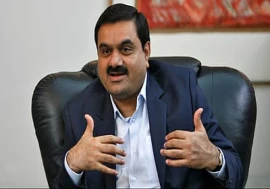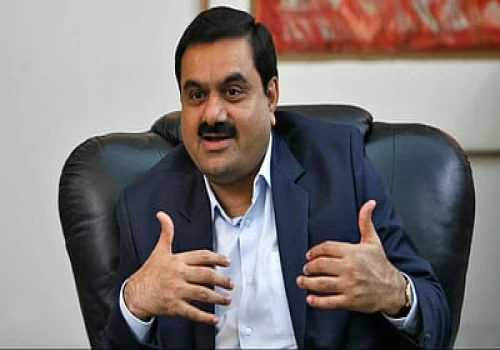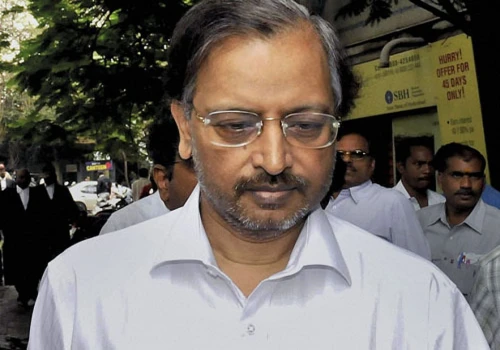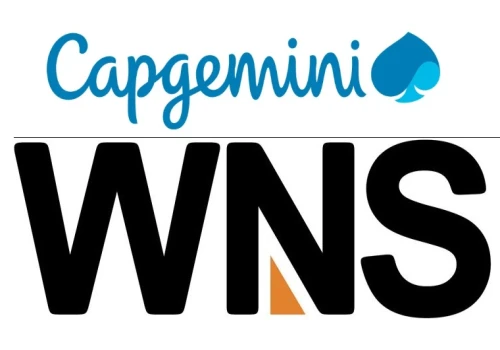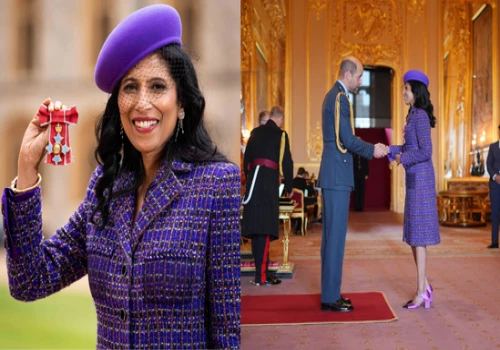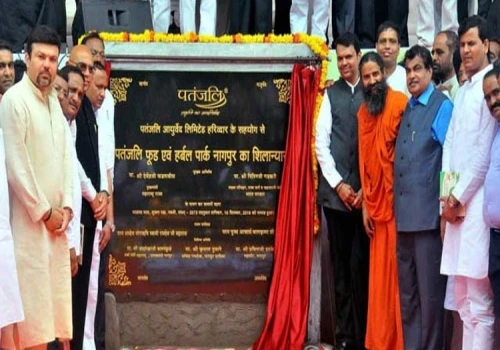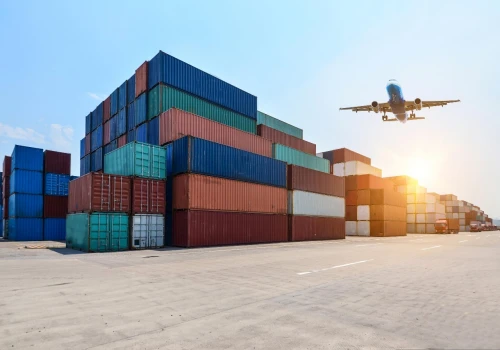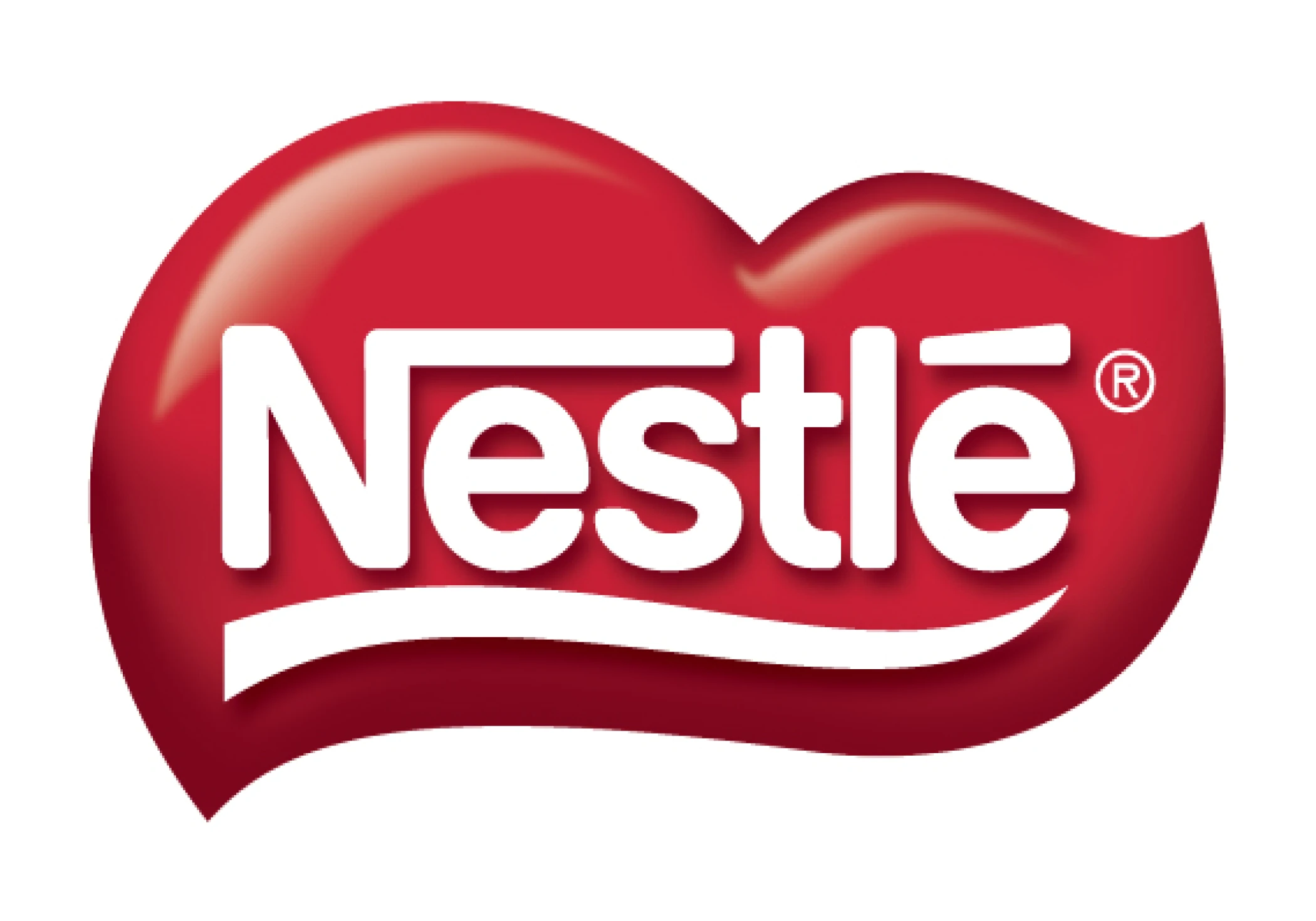
Nestle, a global giant in the food and beverage industry, finds itself in hot water again. This time, the controversy centers around allegations of unequal practices in its baby food division. The accusations? Selling products with significantly higher sugar content in developing regions of South Asia, Africa, and Latin America, compared to Europe.
This unsettling revelation comes from a joint report by Public Eye, a Swiss NGO, and the International Baby Food Action Network (IBFAN). Their investigation, highlighted in The Guardian, analyzed over 150 baby food products sold across various countries. The results were concerning. Samples tested in a Belgian laboratory reportedly exceeded established international food safety guidelines for sugar content.
This stark disparity raises serious questions about Nestle's commitment to global health standards and its ethical responsibility, particularly when catering to vulnerable populations like infants. The company's practices have drawn the ire of food activists, with Revant Himatsingka, author and influencer, voicing his concerns.
Himatsingka, known for taking on Cadbury's Bournvita over its sugar content, isn't surprised by the allegations against Nestle. In an interview with Business Today TV, he stated, "Companies in India are known to use material which are of inferior quality." He further argues that companies seem to believe they can "get away with it" in developing nations due to potentially looser regulations.
This sentiment highlights a crucial aspect of the debate – the potential for double standards. Himatsingka points out that stricter enforcement of regulations in Europe discourages companies from similar practices there. Additionally, cost-cutting measures might be another factor. Cheaper ingredients like palm oil, according to Himatsingka, could be used in products like potato chips, keeping costs down but potentially compromising quality.
While Nestle maintains they prioritize "nutritional quality" and leverage global research for product development, a shadow of doubt remains. The Indian government seems to be taking note, with reports suggesting an investigation into the matter.
This controversy serves as a stark reminder of the importance of food safety regulations and their consistent enforcement. It's a call for stricter scrutiny, particularly when it comes to products meant for infants and young children. Consumers deserve transparency and the assurance that the food they provide their families meets the highest safety standards, regardless of their location.
The onus lies not just on regulatory bodies but also on consumers to stay informed and raise their voices against potentially harmful practices. The Nestle controversy underscores the ongoing struggle for ethical and responsible conduct within the food industry, and the fight to ensure all children, irrespective of their geographical location, have access to safe and nutritious food.

